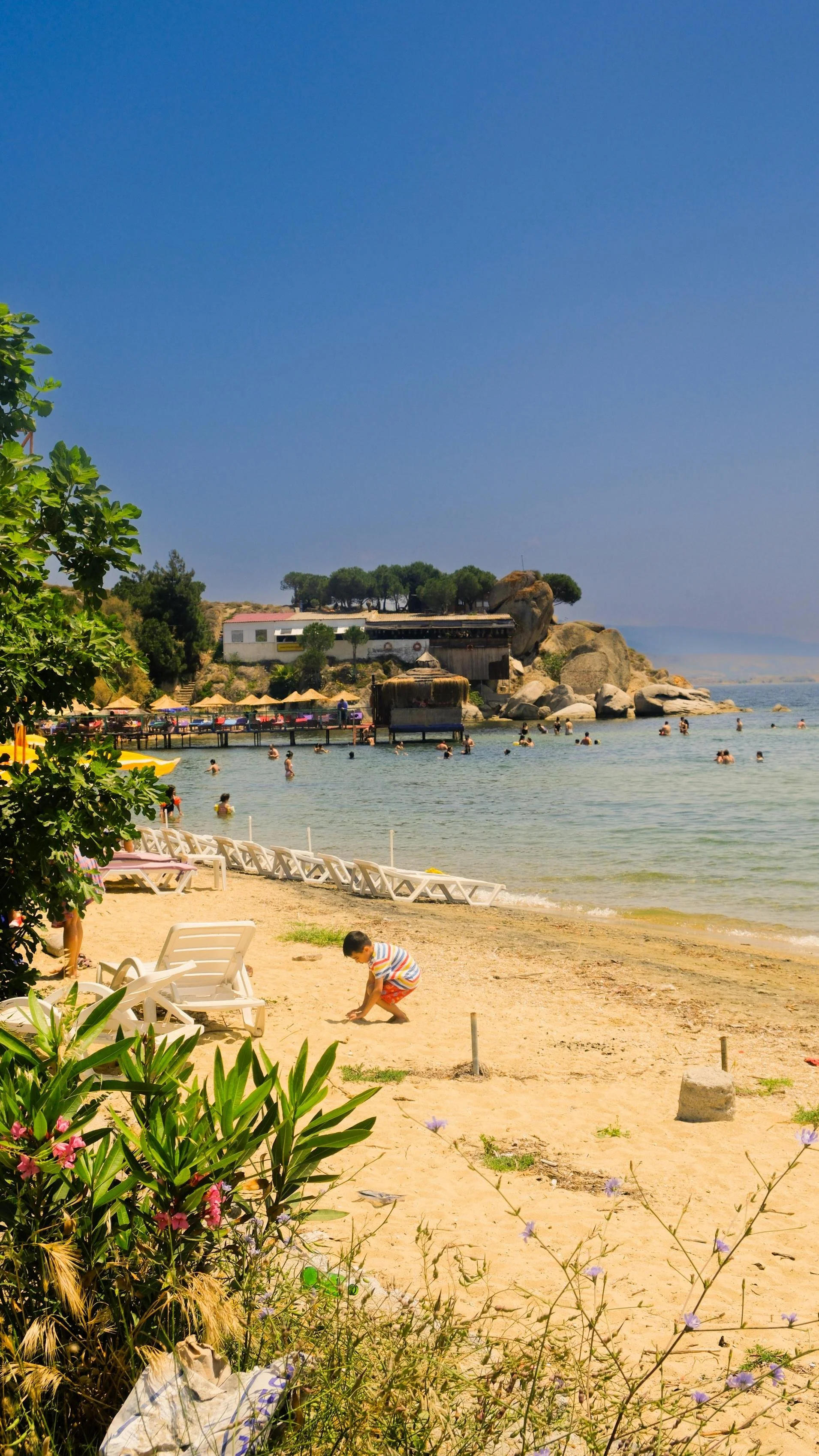Hospitality & Tourism: The Heartbeat of Connection, Culture, and Commerce
There’s something magical about arriving in a new city, checking into a thoughtfully designed hotel, and savoring the flavors of a region through its food, music, and architecture. These moments aren’t just personal experiences; they’re part of a vast, powerful engine known as the hospitality and tourism industry. Often underestimated, this sector does far more than cater to vacationers. It sustains economies, celebrates culture, and bridges communities across borders.
At its core, hospitality and tourism include services that touch nearly every part of our travel and leisure experiences—hotels, resorts, restaurants, cafes, entertainment venues, travel agencies, and even cultural attractions. These businesses together form an ecosystem that turns everyday moments into lasting memories while keeping millions employed around the globe.
A Multi-Trillion Dollar Powerhouse
In 2024, the global tourism and hospitality industry generated a staggering $10.9 trillion, supporting approximately 357 million jobs worldwide. That represents 10% of total global employment. These numbers speak volumes about the reach and influence of the sector, from boutique hotels in the Alps to bustling street food markets in Southeast Asia.
Tourism isn’t just about travelers and tour guides; it trickles into countless sectors including construction, agriculture, retail, and technology. A thriving hospitality ecosystem drives the development of airports, public transportation, and housing. For developing economies in particular, this sector can be a lifeline—offering sustainable job creation and opportunities for small businesses to flourish.
Tourism as a Cultural Bridge
Beyond its economic value, hospitality offers a softer kind of power: the ability to connect people. A restaurant that serves a centuries-old family recipe. A museum that showcases indigenous art. A local guide sharing the stories of their village. These moments create a deeper appreciation of other cultures and promote empathy in ways textbooks never could.
At its best, tourism builds understanding between people of different backgrounds. In an increasingly polarized world, this human connection has never felt more important. Travelers become temporary members of the communities they visit, often bringing back stories that challenge stereotypes and encourage cross-cultural respect.
The Industry’s Complex Truths
Even the most picturesque destinations have their hidden tensions. Over-tourism is a growing concern in cities like Barcelona, Venice, and Kyoto, where the sheer volume of travelers strains infrastructure and displaces local communities. Rising housing costs, increased pollution, and cultural dilution are real and often overlooked side effects.
Then there’s the issue of sustainability. Resorts built on fragile coastlines. Single-use plastics at every turn. The carbon footprint of long-haul flights. As the industry continues to grow, so does its responsibility to prioritize the planet. More businesses are beginning to implement green practices, but progress varies widely across regions.
Labor practices have also come under the spotlight. While hospitality offers vast employment, many positions are seasonal or low-paid, and workers often face long hours with limited protections. The glamor of luxury travel can sometimes obscure the reality behind the scenes.
Still, these challenges are not insurmountable. They invite both businesses and consumers to engage more thoughtfully—to ask deeper questions and to prioritize impact over convenience.
What This Means for Consumers
For the modern traveler, this shift presents an opportunity to choose with care. Supporting hotels that invest in local communities. Booking experiences with independent guides. Dining at restaurants that source ethically and seasonally. Every decision helps shape the future of the industry.
Travel isn’t just a break from routine—it’s an exchange of ideas, values, and trust. As travelers, we hold the power to reward transparency, fairness, and creativity. By valuing authenticity over volume and people over profits, we can encourage a more balanced and equitable tourism experience.
What This Means for Businesses
Operators in the hospitality and tourism industry face both immense pressure and immense possibility. Travelers are more informed, more connected, and more discerning than ever. That means outdated models won’t cut it. Cookie-cutter services? Not going to resonate. Customers are looking for something that feels human, thoughtful, and culturally aware.
Businesses that thrive will be the ones that listen. That engage with local communities. That invest in their staff and innovate in response to feedback. From boutique hotels to global chains, the future belongs to those who take responsibility for their impact and actively seek to improve.
HoCo: Your Partner in Purposeful Hospitality
At HoCo, we’re more than hospitality consultants. We’re industry advocates and experience curators committed to helping businesses redefine what excellence looks like. From creative strategy and brand storytelling to talent development and experience design, our team partners with operators who want to lead with purpose and drive meaningful impact.
Let’s build something extraordinary, together.
Ready to transform your hospitality brand?
Don’t Miss the Battle of the Babes Cocktail Competition!
Mark your calendars for Sunday, September 28, 2025, as we return to Merchant + Trade for the 5th Annual Battle of the Babes Cocktail Competition. It’s more than an event—it’s a celebration of talent, innovation, and community in the world of mixology. Expect show-stopping drinks, bold women bartenders, and an atmosphere like no other.
Get your early bird tickets now and sip your way through one of the industry’s most inspiring nights.
Hospitality isn’t just about service—it’s about heart. And we’re just getting started.




